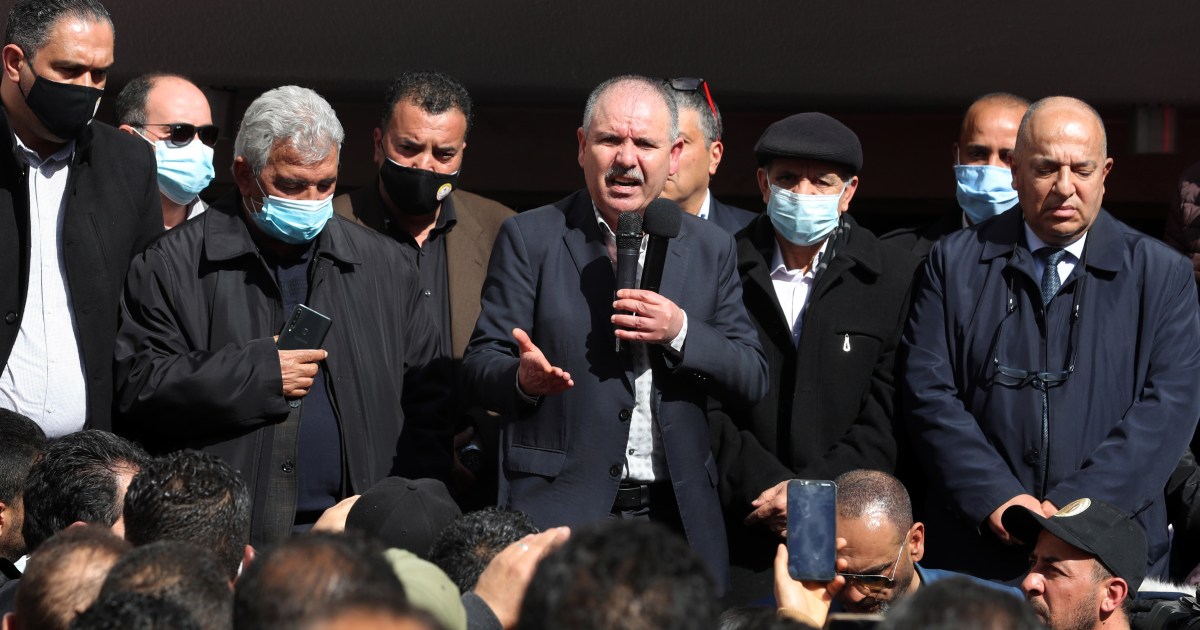The Secretary-General of the Tunisian Labor Union, Noureddine Tabboubi, said today, Saturday, that his country can no longer wait for economic and social reform, at a time when the financial crisis is exacerbating and social tension is increasing in the country.
Taboubi added - during a union meeting in the state of Medenine (southeast) - that the process of reforming the homeland can only be built with participation and everyone sitting at the same table to find a national solution without the need for the intervention of external parties.
The Secretary-General of the Labor Union (Tunisia's largest trade union) called, on Friday, during a union meeting in the city of Gafsa (southwest), for a national dialogue between various political and social actors to save the country from its current crisis.
Taboubi's calls for accelerating reforms and holding a national dialogue come as the financial and economic crisis in Tunisia worsens.
The delay in the payment of public sector salaries for this January has led to protests in some areas, especially in the education and health sectors.
The demonstrations also come amid growing criticism of President Qais Saeed's policies, even by some forces that supported the exceptional measures announced on July 25, which included freezing parliament and dissolving a government, and paving the way for his seizure of all powers.
In the past two days, positions were issued denouncing Said’s announcement of the initial results of the so-called “electronic consultation” regarding the political reforms that he intends to implement. The Tunisian president said that an overwhelming majority of those who participated in the consultation declared that they support the establishment of a presidential system, and with the possibility of withdrawing confidence from parliamentarians in If they do not perform their duties as they should.
Journalists Syndicate
On the other hand, the Tunisian Journalists Syndicate held today, Saturday, the Presidency of the Government and the Presidency of the Republic responsible for the safety of journalists, against the background of what it described as treason and incitement against them by state officials.
In a statement, the union called on the government to take the necessary disciplinary measures if such practices did not reflect the state's policy towards the press.
The statement also called on the government's presidency to compel its officials to respect the nature of journalists' work and to guarantee their right to obtain information.
The syndicate warned of the danger of what it considered attempts to challenge the credibility of journalists, considering that this pushes towards practicing self-censorship that limits the scope of criticism and analysis towards the political and social crisis.
The Tunisian Journalists Syndicate had condemned the security forces' attacks on journalists during demonstrations commemorating the revolution in the Tunisian capital on January 14.
Subsequently, Reporters Without Borders raised the alarm regarding media freedom in Tunisia in light of the attacks that targeted media professionals, and the imposition of restrictions on the appearance of political parties in the state media.

